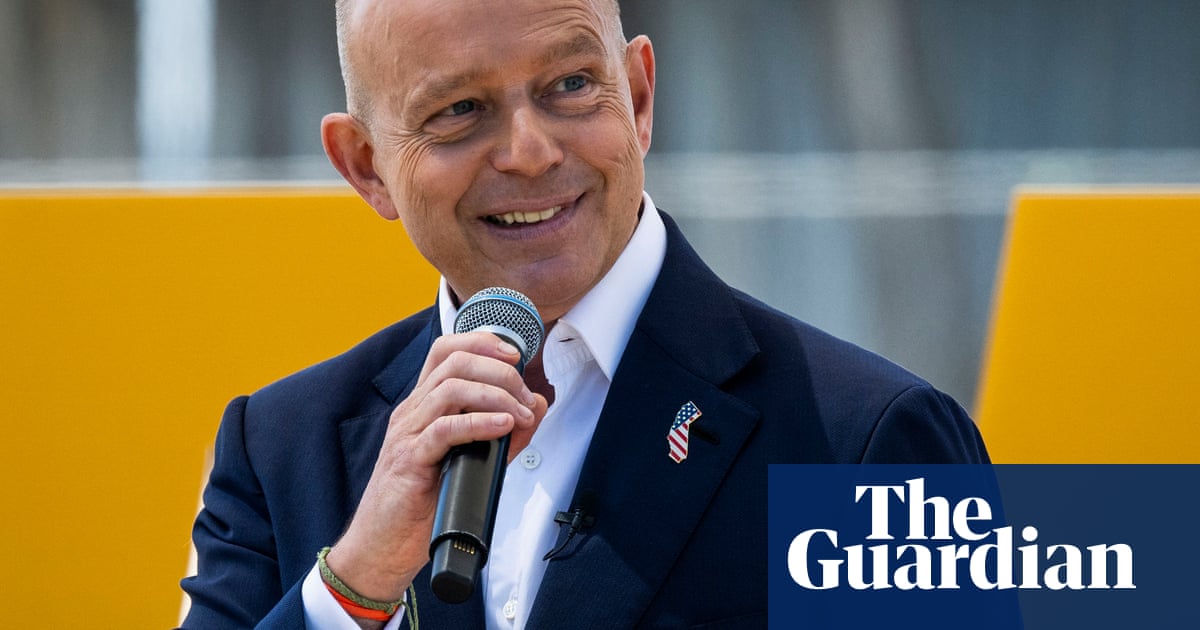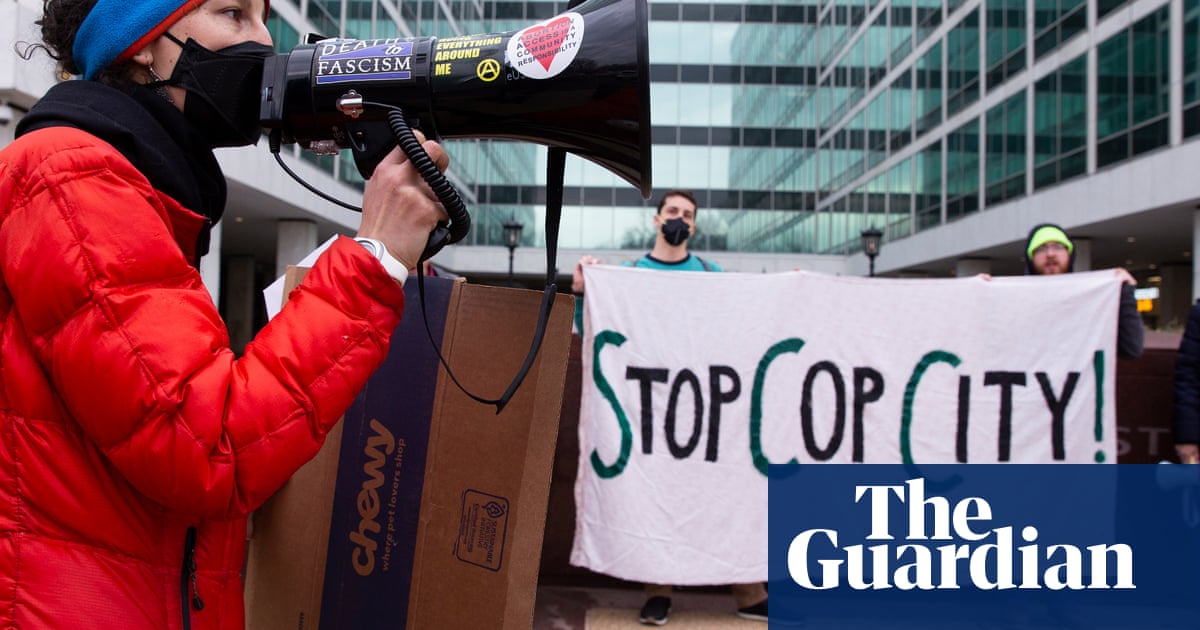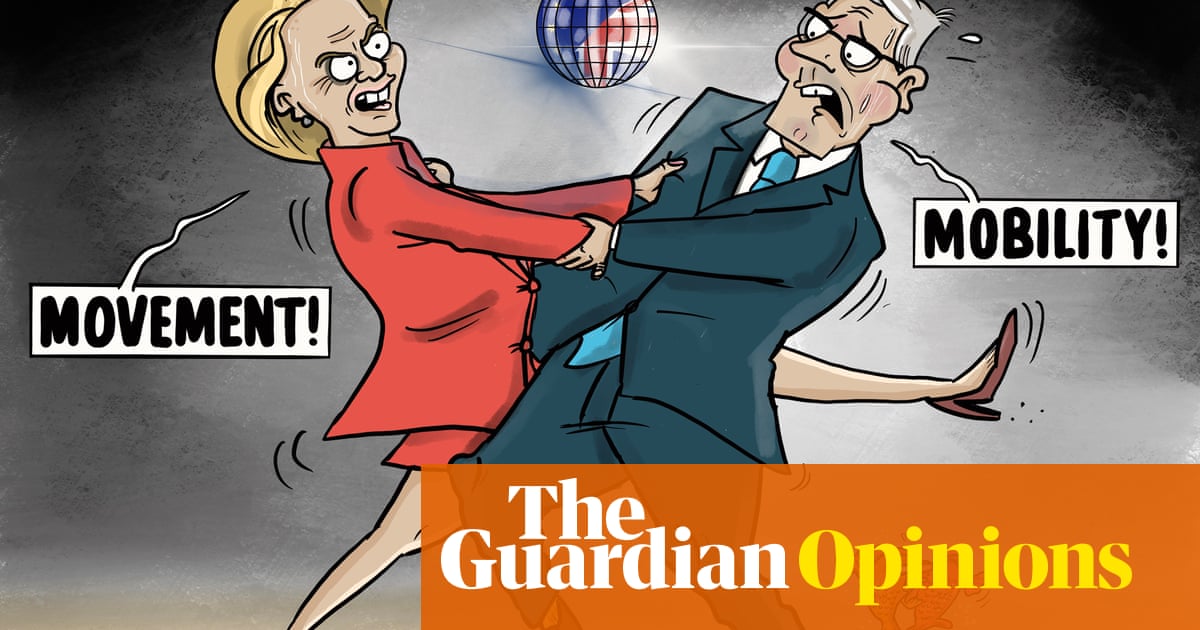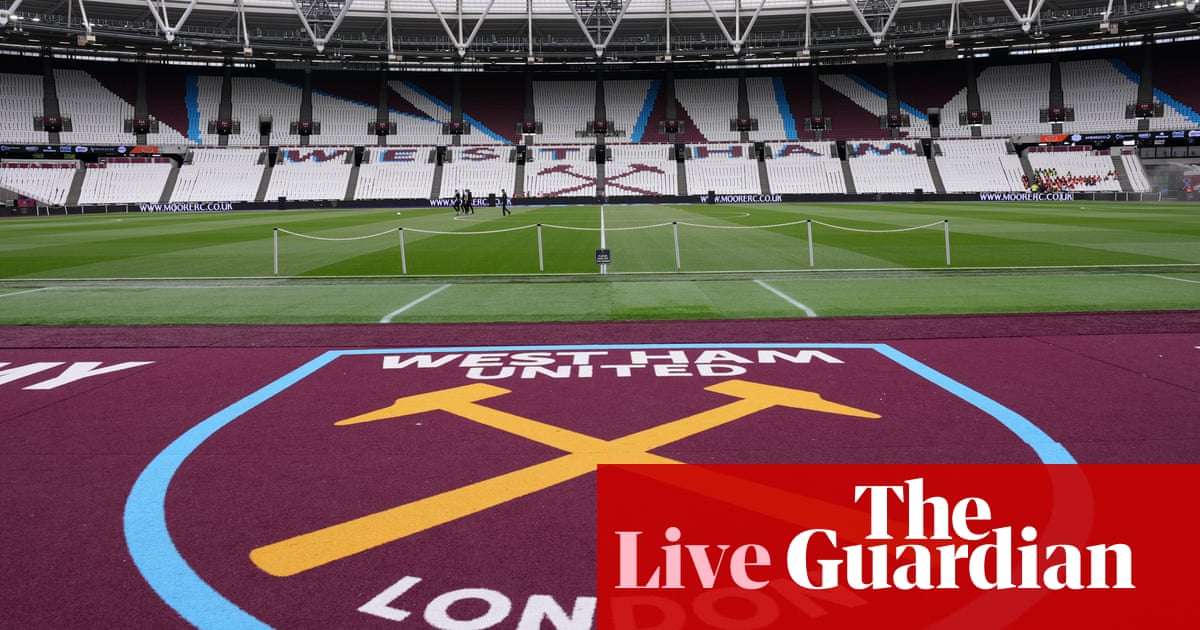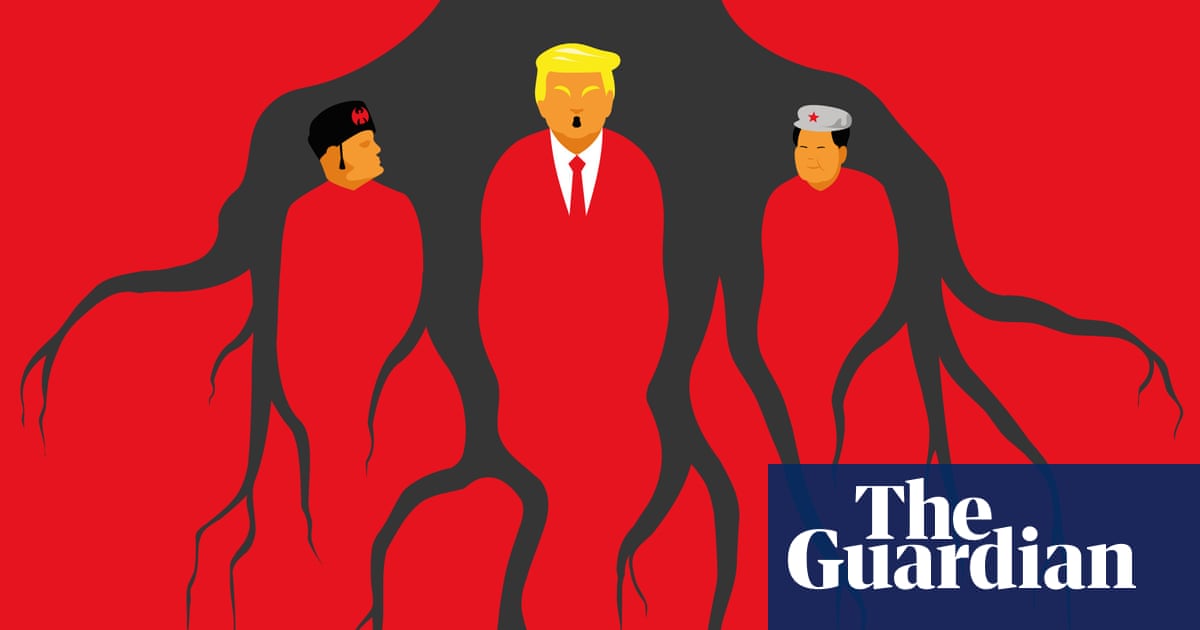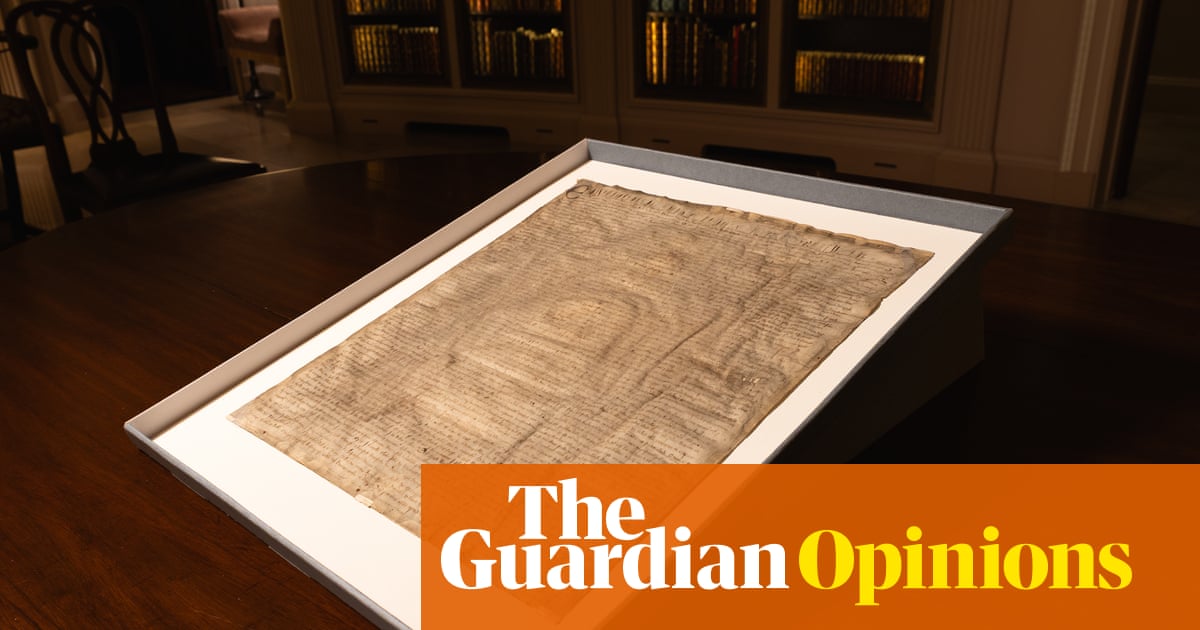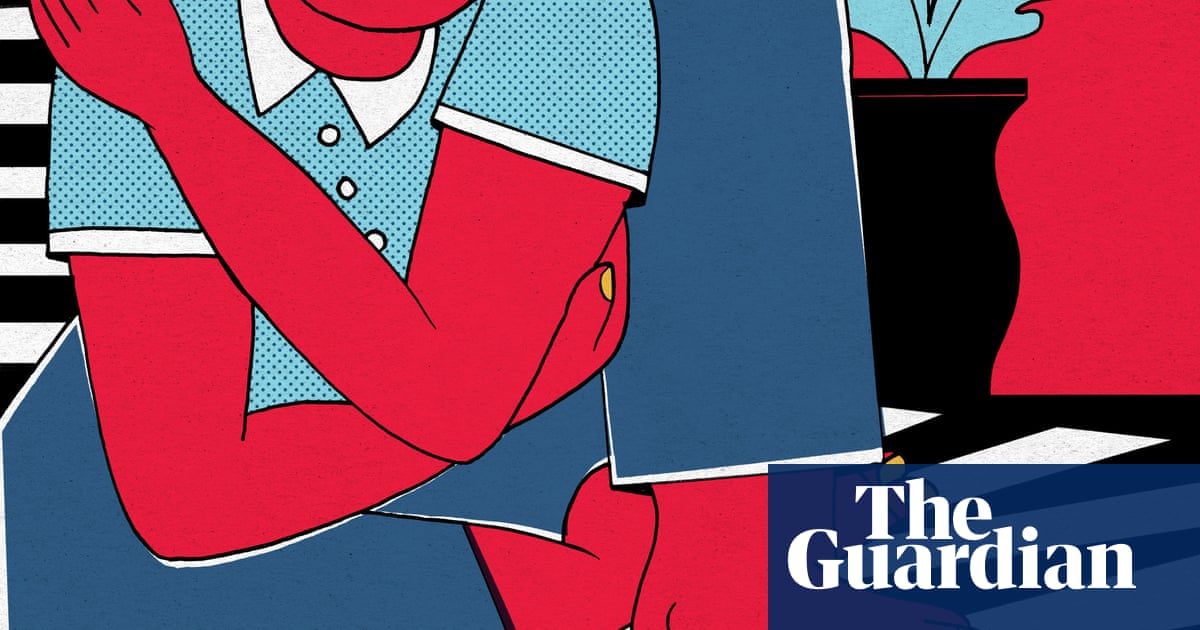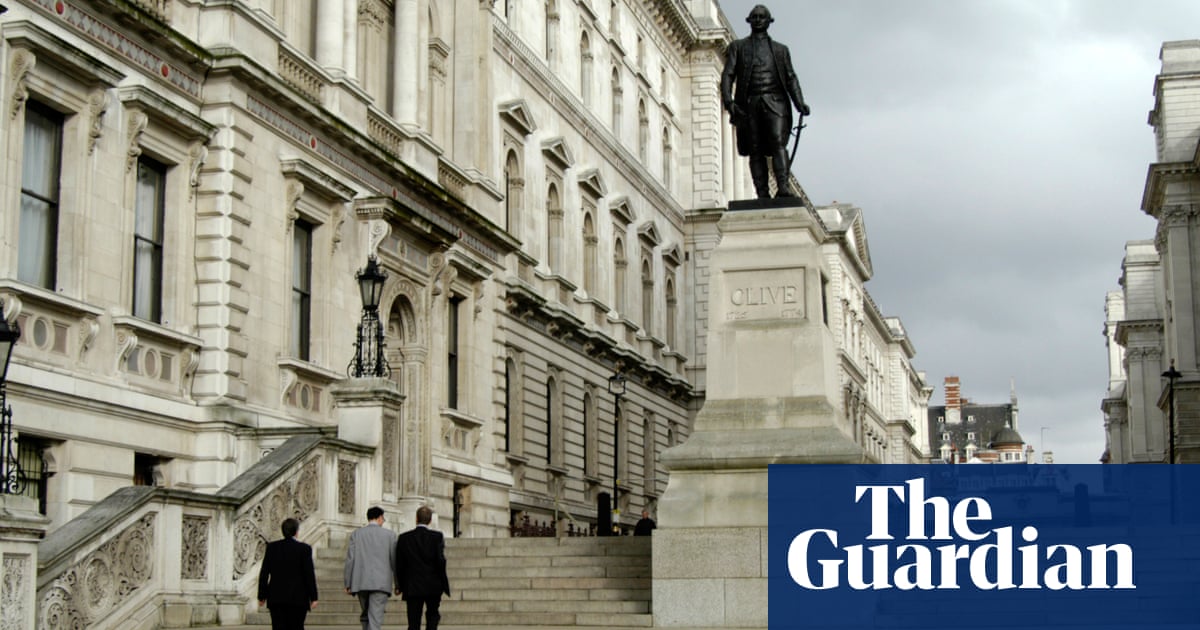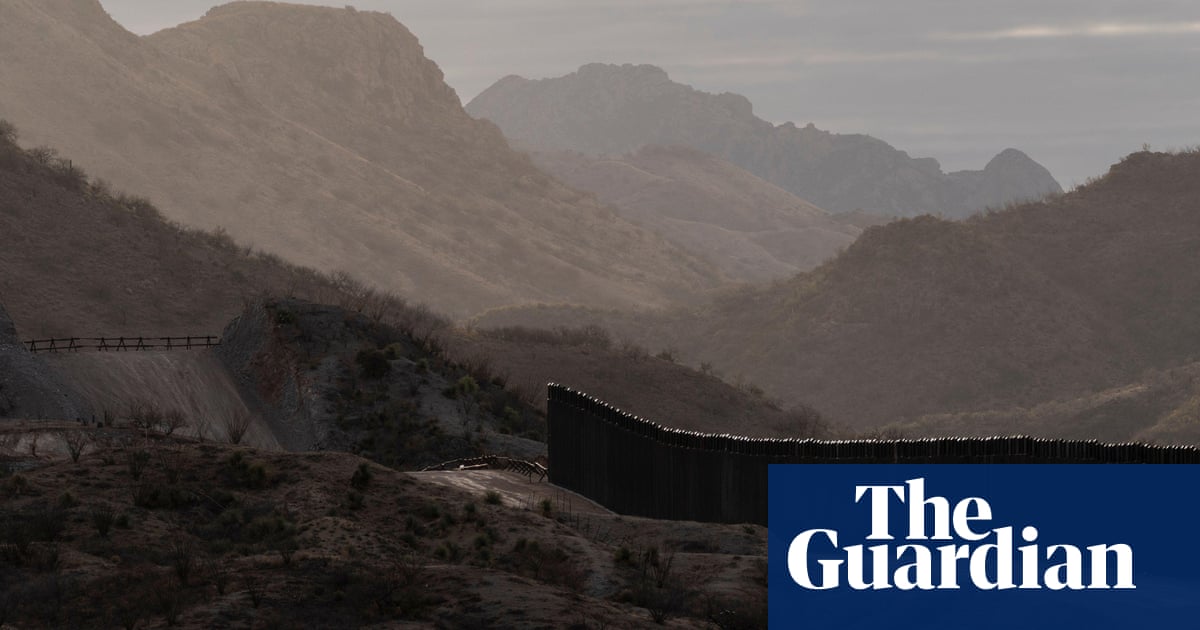The Trump administration suffered yet another blow this past week to its efforts to deport international students over their pro-Palestinian speech, when a third federal judge threw a wrench into a government campaign widely criticized as a political witch hunt with little historical precedent.
On Wednesday, a federal judge in Virginia ordered immigration authorities to release Georgetown University postdoctoral fellow Badar Khan Suri from custody. The Indian scholar’s release followed that of Rümeysa Öztürk, a Tufts University student from Turkey, and Mohsen Mahdawi, a Palestinian permanent resident and Columbia University student. The administration is seeking to deport all of them on the grounds that their presence in the US is harmful to the country’s foreign policy, part of a crackdown on political dissent that has sent shockwaves through US campuses.
Only the first foreign student to be detained by the administration over his activism, Mahmoud Khalil, a US permanent resident of Palestinian descent, remains in detention more than two months after being taken from his Columbia University residential building. Yunseo Chung, another Columbia student and green card holder, went into hiding and sued the administration in March before authorities could detain her; others have left the country rather than risk detention.
A federal judge in New Jersey is expected to rule soon on a request to release Khalil pending further resolution of his case – but his attorneys are hopeful the other releases are a good sign. The green card holder, who is married to a US citizen, was known on Columbia’s campus as a steady mediator between the university administration and student protesters. He was recently denied a request to attend the birth of his son.
“These decisions reflect a simple truth – the constitution forbids the government from locking up anyone, including noncitizens, just because it doesn’t like what they have to say,” said Brian Hauss, a senior staff attorney with the American Civil Liberties Union, one of the groups representing Khalil and the others. “We will not rest until Mahmoud Khalil is free, along with everyone else in detention for their political beliefs.”
Diala Shamas, a senior staff attorney at the Center for Constitutional Rights, which is also involved in Khalil’s defense, said that “we’re seeing wins in all of these cases”, but added that “every single day that Mahmoud Khalil spends in detention is a day too long and adds to the chilling effect that his continued detention has on other people”.
The arrests have prompted widespread anxiety among international students and scholars and significantly contributed to a climate of fear and repression on US campuses. Despite occasional efforts to revive it, last year’s mass campus protest movement has been significantly dampened, even as Israel’s war in Gaza – the focus of the protests – is only escalating.
But while the Trump administration seems to be getting clobbered in court, the fundamental question at the heart of the cases – whether the government has the authority to detain and deport noncitizens over their political speech – is far from settled.
‘Times of excess’
Khan Suri, Öztürk and Mahdawi have all been released pending a resolution to federal court cases over the government’s authority to detain them. Separately, the government’s effort to deport them is moving through the immigration court system, a different process.
Advocates warn of a long legal battle that is likely to end up before the US supreme court. But they are hopeful. The releases, which required clearing substantial legal thresholds, are a welcome sign, they say, that the courts are skeptical of the government’s broader case: that it has the authority to use an obscure immigration provision to deport anyone the secretary of state deems a foreign policy problem.
The government hasn’t clearly defended its position. In an appeal hearing this month in Öztürk and Mahdawi’s cases, one of the judges on the panel asked the government’s lawyers whether the administration believed the students’ speech to be protected by the first amendment’s guarantees of free speech and expression
“We have not taken a position on that,” one of the attorneys, Drew Ensign, responded. “I don’t have the authority to take a position on that.”
Instead, the legal proceedings thus far have largely focused on jurisdictional and other technical arguments. In Khalil’s case, for example, a New Jersey judge recently issued a 108-page decision dealing exclusively with his authority to hear the case. The judge hasn’t yet signaled his position on the constitutional questions.
US district court judge Geoffrey Crawford, who ordered Mahdawi’s release, compared the current political moment with the red scare and Palmer raids of the early 20th century, when US officials detained and deported hundreds of foreign nationals suspected of holding leftist views, as well as the McCarthyism of the 1950s.
“The wheel of history has come around again,” Crawford wrote, “but as before these times of excess will pass.”
In her ruling in Khan Suri’s case this week, US district judge Patricia Giles said that his release was “in the public interest to disrupt the chilling effect on protected speech”, and that she believed the broader challenge against the government had a substantial likelihood of success.
Chip Gibbons, the policy director at Defending Rights & Dissent, a civil rights group, noted that while challenging immigration detention is often an “uphill battle” given the deference typically shown by judges to the government, the rulings might suggest otherwise.
“Three separate federal judges, in three separate cases, have found that victims of the Trump-Rubio campaign of politically motivated immigration enforcement raise substantial constitutional claims challenging their detention,” he added. “Even a federal judiciary all too often deferential to executive claims of national security or foreign policy powers has clearly seen that the administration’s actions are likely retaliatory against political speech.”
But even if the government ultimately loses its bid to deport students whose views it does not like, the free speech climate in the US has changed. The administration continues to pursue coercive investigations into universities under the guise of fighting antisemitism, dangling billions of dollars in funding as a threat, and universities have been surprisingly compliant in order to prevent a revival of last year’s protests.
But some voices remain defiant. “We will not fear anyone because our fight is a fight for love, is a fight for democracy, is a fight for humanity,” Mahdawi said at a press conference upon his release. “This system of democracy [has] checks and balances, and discord is part of it.”

 1 day ago
6
1 day ago
6
